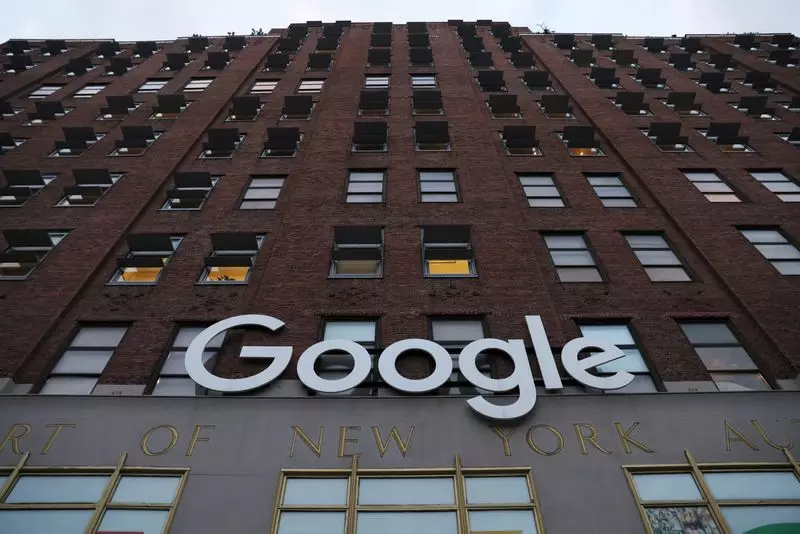Recent developments in the U.S. antitrust scrutiny of major tech firms have sent shockwaves through the industry, as prosecutors announce intentions to possibly compel Google’s parent company, Alphabet, to divest critical components of its business. This initiative comes on the heels of a judicial ruling that identified Google’s activities in maintaining an illegal monopoly in online search as a significant breach of competitive practices. With Google currently dominating approximately 90% of U.S. internet searches, the ramifications of this case could drastically alter the terrain for how consumers access information online.
In a court document filed recently, the U.S. Justice Department indicated that it would be submitting a more thorough proposal aimed at remedies for Google’s monopolistic practices by mid-November, raising the stakes significantly. Following this, Google will have until late December to propose its defenses or potential solutions. The ruling by U.S. District Judge Amit Mehta is heralded as a landmark victory for antitrust advocates, especially considering the broader context of increased regulatory focus on how Big Tech operates. For the past four years, an aggressive campaign has been underway to examine and challenge the powers held by these digital giants.
In reaction to the court’s findings, Google has asserted that its prevalence in the search market results from the superiority and quality of its services, rather than anticompetitive behavior. The firm has emphasized the existence of rivals, such as Amazon, which provide alternative platforms for users searching for products or services. Additionally, Google’s contention rests on the belief that users are free to select different search engines as their defaults, which they argue exemplifies a competitive marketplace.
However, dissenting voices within the industry argue otherwise. Companies like Yelp, which have directly challenged Google’s practices in court, suggest that a breakup of subsidiaries like Chrome and Google’s artificial intelligence segments should be critically considered. Furthermore, they argue for regulations that would inhibit Google from favoring its own local business listings over competing services in search results, a practice some view as inherently anticompetitive.
The potential of mandated divestitures raises questions not only about the future of Google as a corporate entity but also about the overall health of the digital marketplace. Adam Epstein, co-CEO of the search advertising company adMarketplace, has pointed out that the threat of forced divestiture provides a strong incentive for Google to engage in discussions around alternative remedies. This dynamic reflects the tension between fostering innovation and ensuring fair competition within the tech space.
Rival search engines, including DuckDuckGo, echo the calls for reform by suggesting that Google be obligated to license its search algorithms to other companies. This could lay the groundwork for healthier competition, enabling smaller players to leverage Google’s infrastructure to enhance their products and services.
As the case unfolds, the focus will not only be on the legal ramifications but also on how consumer behaviors and business strategies may shift in response to these developments. The future of online searching could hinge on the outcome of this landmark case, leaving many speculating about a digital ecosystem where monopolistic behaviors are challenged, ensuring a fairer sandbox for innovation and user choice. Whether or not significant changes will materialize remains uncertain, but the implications of the case will undoubtedly shape the narrative around Big Tech’s role in society for years to come.

